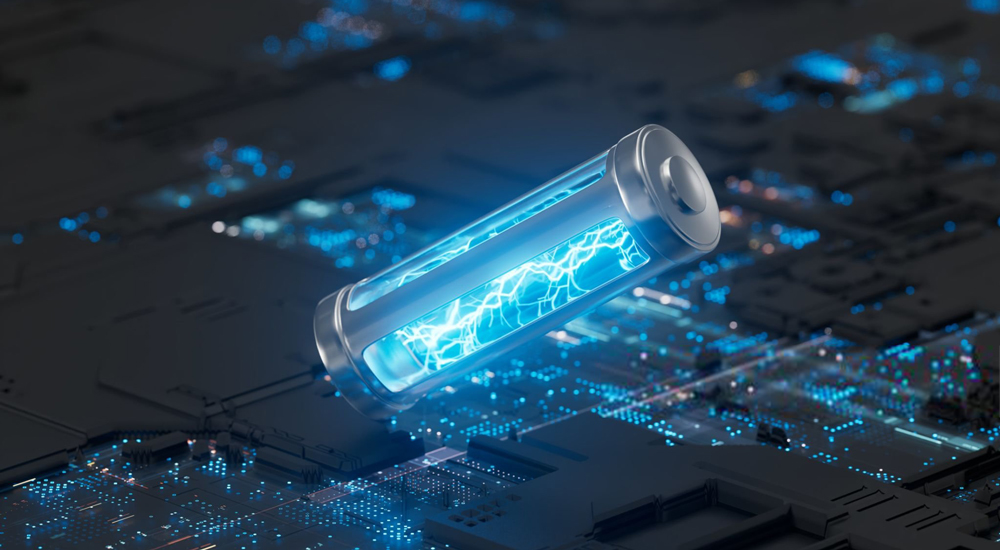The development of new energy vehicles is limited by the energy density bottleneck of liquid lithium batteries, and battery life and charging problems are prominent. If there is no breakthrough, the electric vehicle market may be in a transitional stage for a long time, affecting its widespread popularity. Now, this dilemma is expected to be broken.

On April 5, at the "Invest in China" German special promotion event held in Stuttgart, the German Association for the Promotion of Sustainable Physical Technology announced that it had invented a full set of high-performance and high-safety solid-state sodium-sulfur battery fully automatic continuous production processes, which can make batteries The energy density exceeds 1,000Wh/kg, and the theoretical loading capacity of the negative electrode is as high as 20,000Wh/kg.
According to China News Network, this German patented process integrates Germany's traditional advantages in high vacuum, full automation, nuclear physics, magnetic levitation and other technical fields, improves some misunderstandings in current solid-state battery research and development, and achieves many technical shortcomings. Innovation and major breakthroughs, new concepts such as ion printing and porous current collection have been proposed, which can realize fully automatic continuous production of sodium-sulfur batteries in a full vacuum environment, with low cost and high productivity.
The overall design of this production process has been completed, and we are cooperating with many universities in China and Germany to build R&D centers and pilot production lines. It is expected that equipment prototypes and battery samples will be available by the end of this year, and mass production capabilities will be available by the end of next year. It also plans to cooperate with industrial funds and battery-related companies to invest in and build factories in China.
It is reported that the R&D team consists of Prof. Hartmut Frey, a well-known German nuclear physics and energy expert, Prof. Engelbert Westkmper, winner of the German Grand Cross, academician of the Academy of Engineering Sciences, and expert in automated production technology; Ma Yangenshen, a doctor of chemical engineering from Liude and an expert on graphene and new materials, led the team.
In recent years, Germany has made a lot of progress in the field of solid-state batteries.
For example, the German company BMW has announced that it has made significant progress in solid-state battery research and development. In addition, BMW has also obtained a research and development license from Solid Power, an American all-solid-state battery company, to be able to replicate Solid Power's pilot line at its Battery Manufacturing Center (CMCC) in Parsdorf, near Munich.
According to the timetable, the first BMW prototype using an all-solid-state battery is planned to be launched before 2025, and mass production of all-solid-state batteries will be achieved by 2030.
In addition, in October 2023, a German company called HPB announced that they had successfully developed a new solid-state battery that can be mass-produced. This battery successfully avoids the aging process of traditional lithium-ion batteries by introducing new hybrid ingredients. The solid-state battery has passed testing by third-party institutions and will begin mass production in 2024.
The advantages of new solid-state batteries include long life, high energy density, fast charging, safety, reliability, and environmental protection. What is particularly worth mentioning is that this battery claims to be able to charge to 80% in 3 minutes.